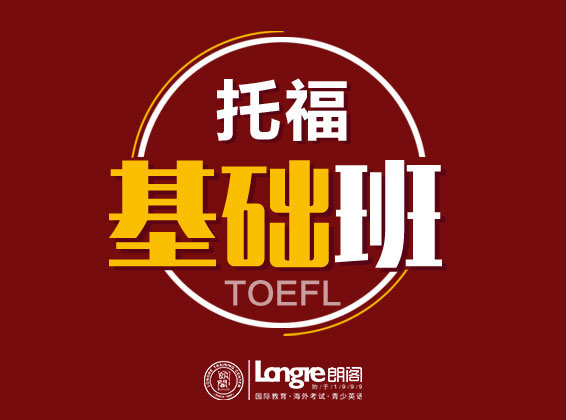|
Money can buy happiness, but up to what point? And does working more make us miserable? And will you be happier if you start your own company? Here's what the research tells us... 金钱可以买到幸福,但能买到多少幸福呢?另外,工作越多会让我们痛苦吗?如果经营自己的公司会幸福吗?以下是研究告诉我们的结果: 1) Generally speaking, richer countries are happier countries. But since many of these rich countries share other traits -- they're mostly democracies with strong property rights traditions, for example -- some studies suggest that it's our institutions that are making us happy, not just the wealth. 通常说来,富有的国家幸福指数高一些。然而,由于许多这些富有的国家具有其他一些特性——比方说,这些国家大多比较民主,具有强大的财产权的惯例——因此一些研究显示,是我们的体制使我们幸福,而不仅仅是财富。 2) Generally speaking, richer people are happier people. But young people and the elderly appear less influenced by having more money. 通常说来,富有的人幸福指数高一些。然而,年轻人和老年人似乎受金钱的影响小一些。 3) But money has diminishing returns -- like just about everything else. Satisfaction rises with income until about $75,000 (or perhaps as high as $120,000). After that, researchers have had trouble proving that more money makes that much of a difference. Other factors -- like marriage quality and health -- become more relatively important than money. It might be the case that richer people use their money to move to richer areas, where they no longer feel rich. Non-economists might chalk this up to the "keeping up with the Jones'" principle. 但是金钱带来的幸福回报在递减——就像其他任何事物一样。满足感随着收入的增长而增长,直到年收入达到75,000美元(或者也可能高达120,000美元)。在那之后,研究人员就发现很难证明多的金钱能起到多大作用了。其他诸如婚姻质量和健康这样的因素相对来说变得比金钱加重要。或许事实是这样:富人利用他们的金钱迁到富有的地区,而在那里他们却不再觉得自己富有了。非经济学人士大概把这一点归结为“互相攀比”原理。 (责任编辑:admin) |







